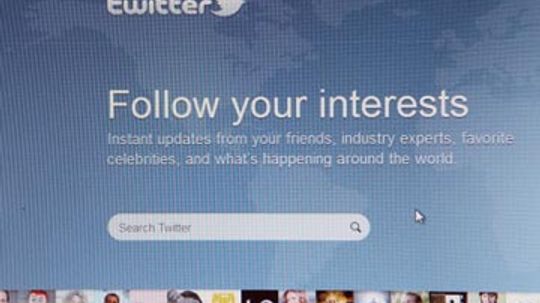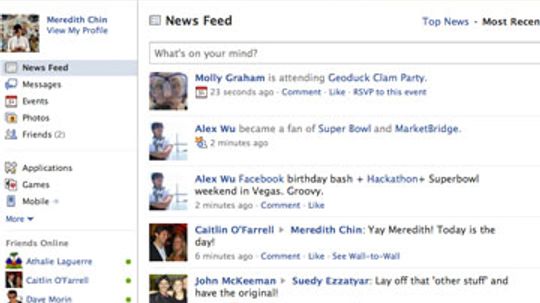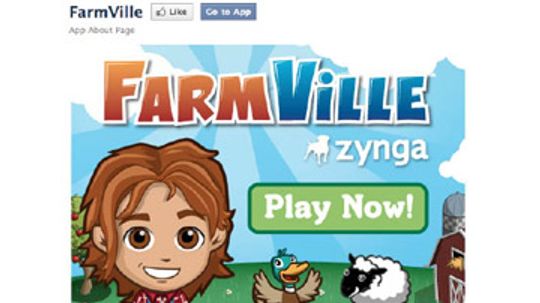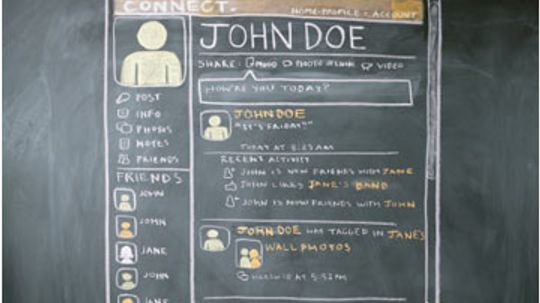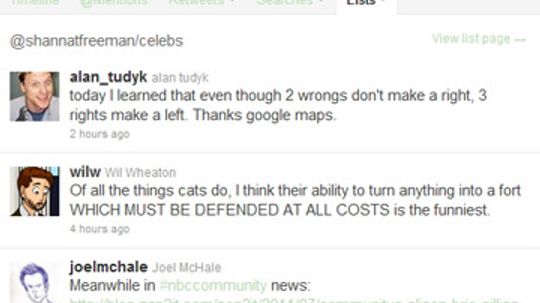Internet Technology
We look to the Internet for news, socializing, shopping, research and more. From HTML code to instant messaging, we'll break down what's really going on whenever you log on, send an e-mail, visit a popular Web site or post to a blog.
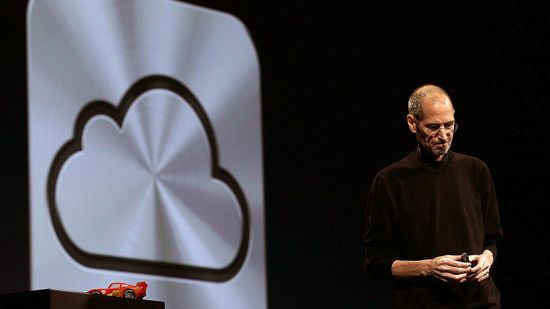
The Truth About Cloud Storage and Its Future

5 Ways to Keep Your Information Secure in the Cloud

Are my files really safe if I store them in the cloud?

Can the Internet Break From Overuse?

Could an Attack on Undersea Cables Take Down the Internet?

Constellations of Internet Satellites Will Beam Broadband Everywhere

How to Recall an Email in Outlook or Gmail

What Does CC Mean in Email?

How to End an E-Mail: 21 Professional and Personal Sign-Offs

How Do Search Engines Work? All About Ranking and Bidding

How to Access the Dark Web

How to Change the Language in Google Chrome

4 Most Secure VPN Option to Keep Your Internet Activity Private
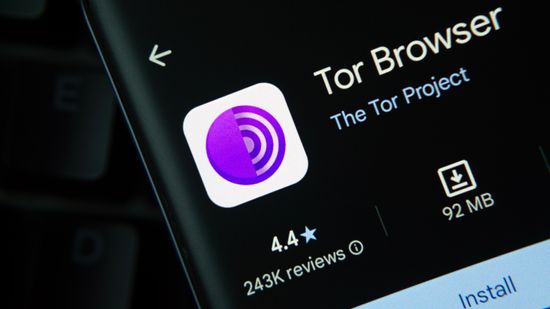
7 Most Secure Browser Options for Privacy-Minded Individuals

Looking for a Search Engine That Donates to Charity? Here Are 10

Should You Use Facebook or Google to Log In to Other Sites?
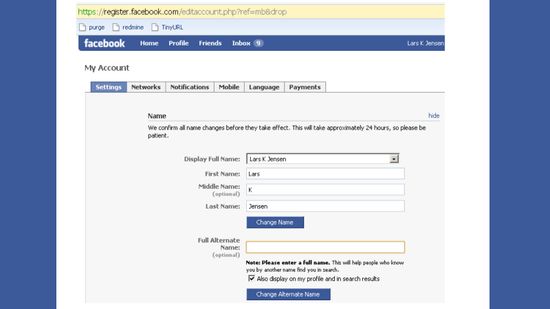
How to Change Your Name on Facebook

How to Deactivate Facebook
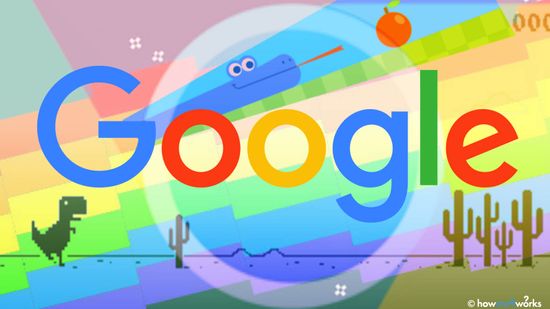
Google Easter Eggs: Sweet Treats Hidden in Plain Sight

10 Reasons Why You Should Care About Net Neutrality

WiFi Extender vs. Booster: What's the Best Choice for You?

Does Weather Mess With Your Internet Connection?

Why Does My WiFi Keep Disconnecting? 6 Easy Fixes
Learn More / Page 4
If your fingers ache from trying to type text messages on your smartphone, you'll be happy to learn how to text from computer. There are many benefits, and it's easier than you think!
You want to set up Wi-Fi on your laptop, but you're not sure how to do it. We break down the steps required to set up a wireless router and connect to a Wi-Fi network on Windows PCs and laptops.
By Talon Homer
The Internet has gone from a little-known military and educational network to an important part of life for millions of people around the world. What kinds of changes will the Internet go through by the year 2050, and how will they affect us?
Advertisement
If you're wondering what the big deal is about Facebook, you might be tempted to join. How do you become a member?
By Jane McGrath
A lot of online writers make blogging look easy. What if you've got something you want to share with the online community?
By Jane McGrath
Since its 2006 launch, the social media site has become a common tool by which people and businesses connect and share information. For those yet to try it, fear not; use this guide to get started down the Twitter road.
By Chris Opfer
Facebook has over 750 million active users who, on average, share over 30 billion pieces of content per month. It's fun -- and useful -- because so many people and so much information are there. So, how can you get started using Facebook?
By Garth Sundem
Advertisement
Video calling still seems like the stuff of science fiction, but, thanks to technologies like Skype, it's becoming more practical in the real world. So, what's this Skype thing, and how do you use it?
These days, even the most curmudgeonly soul has a Facebook page, but not every user knows the ins and outs of its features. Take uploading photos, for example. How savvy are you when it comes to sharing pictures with friends and family?
Pictures are the heart of Facebook, so knowing how to organize and edit them skillfully can only make your social media experience better, right? Get some handy tips on editing pictures on Facebook in this article.
Facebook fan pages are like anything else on the Internet: easy to do fast and dirty, and more complicated and time-consuming to do right. How can you make a great page to represent your brand, band or other personal mission?
Advertisement
With all the Internet spying going on out there, it seems like it would be easy to know who's viewing your Facebook profile. Lots of apps promise they can, but can they really?
You've just snapped some masterful photographs with your cell phone and are raring to share them with friends and family on Facebook. Don't know how? This article will guide you.
Playing and sharing music in Facebook takes social networking beyond what words alone can express.
Although Facebook and Twitter serve different social networking functions, the two sites overlap when it comes to sharing. How can you link the both accounts together?
By Jane McGrath
Advertisement
It's easy to get addicted to a game, and that's certainly true of social games on Facebook. But are they safe to play? And how can you delete them when you're bored with them?
Your friends can know exactly where you are and what you're doing when you use the Facebook Places feature. But how does it work and what should you watch out for?
Facebook can be a fantastic marketing tool for your business. But what's the best way to set up and manage a Facebook Business page?
By Craig Haggit
If you shop online, you've probably heard of Groupon -- that is, if you haven't used it already. It's been called the fastest-growing company in history, but how does it work?
By Dave Roos
Advertisement
Apple claims that when you browse the Web on your iPad, you hold the Internet in your hands. How can you optimize your online time with this popular tablet?
Getting constant status updates from Facebook friends can be fun - or frightful. When your virtual pals' posts are no longer amusing, what are your options?
Protecting your personal information online is not easy, but tweaking your Facebook preferences can give you greater control over your social network visibility.
Sometimes, your Facebook Friends list simply gets out of control. How do you determine who makes the cut? Don't stress. We'll help.
Advertisement
Twitter might seem like an exercise in (entertaining) brevity, but even it can get out of control. What are the best ways to tame your feed?
Most of us understand that the Internet only has the information that we provide it: "Think before you click" is a common warning for all users. But for a site like Facebook, that can get complicated. Does Facebook share your personal information?





